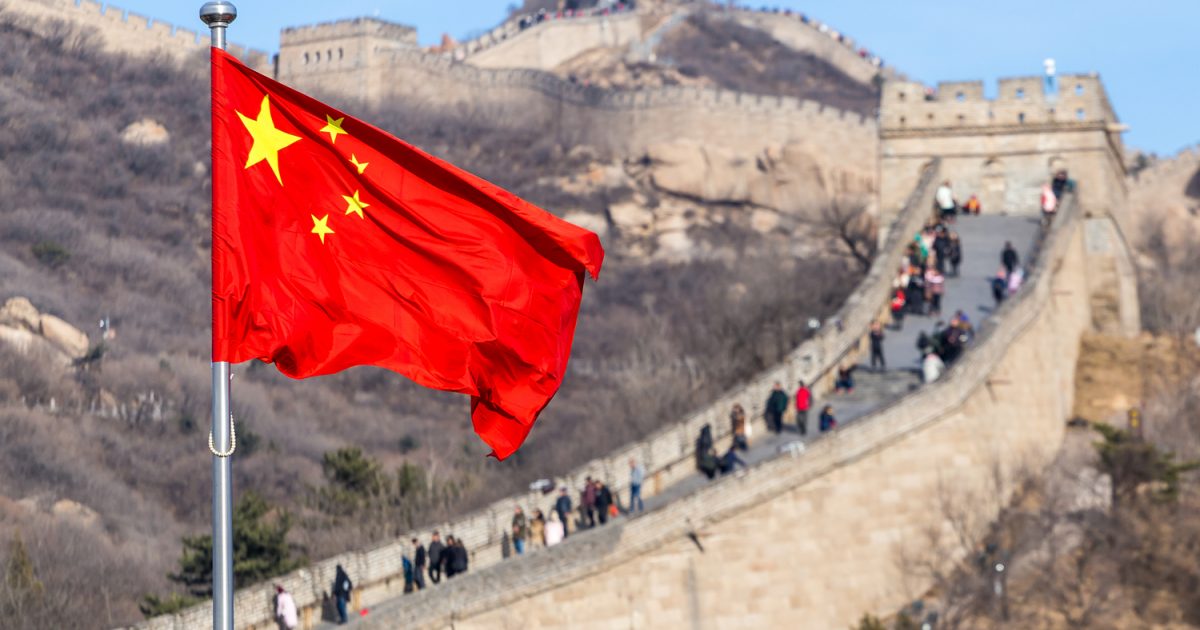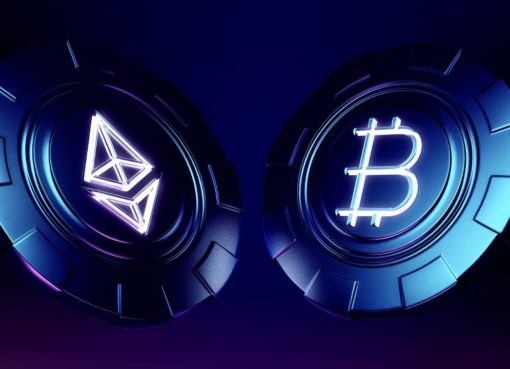China’s state-sanctioned blockchain infrastructure project is finally bringing public chains to its Chinese users – but with a significant twist.
The Blockchain-Based Service Network (BSN), a standardized internet services provider for decentralized applications (dapp) developers, plans to make 24 public chains available in its network for Chinese users starting from the second half of November, according to an internal memo obtained by CryptoX.
Developers can use the technical frameworks behind these public chains to build and run dapps that serve a range of purposes such as financing platforms for small and medium enterprises, source tracking for food companies and record-keeping for banks, law firms or government agencies.
These public chains will look quite different after being “localized” for the Chinese market, however. The network will make the decentralized public chains permissioned and replace their tokens with direct payment by the Chinese currency renminbi to cover transaction fees on these chains.
This is part of a much larger story. The Chinese government is an active supporter of blockchain technology – but only on its own terms. Authorities would like to reap the benefits of blockchain tech’s traceability and efficiency, but without the decentralization embraced by public chains like Bitcoin and Ethereum.
BSN’s latest move came one month after the network integrated six major public chains into the global version of its network. This was so that developers outside China could use a standardized development environment to build and run decentralized applications on these public chains. Unlike in the localized version, public decentralized chains are allowed in the global version of BSN.
“There have been few effective ways for public chains to enter the Chinese market and scale up due to legal and regulatory requirements and how these projects position themselves,” the memo, translated by Cryptox from the original Chinese, said of this latest development.
“The public decentralized chains will become public permissioned consortium chains, which can be supervised by regulators, and that is currently the most direct and effective way for the projects to be compliant and reach domestic users within China.”
Read more: China Aims to Be the World’s Dominant Blockchain Power – With Help From Google, Amazon and Microsoft
These new permissioned chains will look very different from the original versions. To make public decentralized chains, such as Ethereum, permissioned, BSN will only allow its designated operators to build and operate nodes, where dapps verify on-chain transactions and store data. The network will block all peer-to-peer fee transactions and require its users to use renminbi instead of Ethereum “gas” to cover fees for building and running dapps on chain.
“BSN has made it technically impossible to do any virtual currency transactions on the public chains,” the memo said. “BSN strictly follows related laws and regulations and will remove any chain that violates them from the network.”
BSN aims to complete all 24 public chains’ integration with the domestic version of the network during the first quarter of 2021 and enable these chains to share data with each other in the first half of the same year.
The networkhas formed Public Permissioned Blockchain, a consortium to govern the services on adapted public chains. Huobi Group, as the only named member of the consortium in the memo, will be in charge of transaction settlement and clearing, marketing for the new services and operating the official portal.
An unnamed cloud services provider will offer the adapted public chains data storage and other basic internet resources. One of BSN’s backers is Chinese tech conglomerate China Mobile, which has an extensive network of data centers across the country. BSN has also worked with the Chinese branch of Amazon Web Service to provide Internet services for dapps.
BSN is backed by the State Information Center of China, a think tank under the National Development and Reform Commission (NDRC), the highest economic planning agency. BSN will be responsible for compliance with Chinese regulators and adapting the public chains’ technical framework into the network.
While the memo does not disclose any names of these 24 public chains, BSN has already integrated major international projects including Tezos, Ethereum and Cosmos’ IrisNet.
“The 24 public chains are highly reputable in the global blockchain community, however, we will not use their original names when they go live on BSN,” the memo said. The chains will be renamed based on 24 Chinese solar terms, a traditional agricultural calendar that informs farmers of seasonal changes.
For example, one of the 24 solar terms is First Frost, which indicates the weather is getting colder and water droplets are starting to freeze. Insect Awakening means it is getting warmer and insects that hibernate underground are about to wake up and go outside.
The forbidden fruit
Public decentralized blockchains have been under heavy scrutiny from the Chinese government since 2017, when China cracked down on initial coin offerings and local exchanges. ICO projects were hard to supervise because of their decentralized nature, and authorities feared that wild token speculation could undermine China’s financial stability.
The tokens from public chain projects are a threat to China’s long-standing capital control and monetary sovereignty of the Chinese currency.
For example, tether, an Ethereum-based token pegged to the U.S. dollar, has become one of the most popular ways for cross-border transactions between Asia and the rest of the world. Authorities may also fear tokens could threaten the use of the renminbi and that would jeopardize monetary policies relying on the control of supply and demand of the Chinese currency.
In part to pre-empt the rise of tokens such as bitcoin, the Chinese central bank invented its own national virtual currency, Digital Currency Electronic Payment (DCEP) or the digital yuan.
Another reason why China is critical of public decentralized chain projects is the potential for scams, such as Ponzi and pump-and-dump schemes offered as initial coin offerings (ICO) that mushroomed during and after the 2017 ICO boom. In September 2017, the Chinese central bank made any centralized ICO fundraising illegal.
The People’s Bank of China also carried out a slew of crackdowns on centralized crypto exchanges and fiat-crypto trading, and prohibited any Chinese bank from processing crypto-related transactions.
Inspired by AntChain
AntChain, a permissioned enterprise blockchain developed by Ant Financial, a subsidiary of Chinese tech giant Alibaba, has been one of the inspirations for BSN to launch the Public Permissioned Blockchain consortium, according to the memo.
“It was a milestone when the company launched Ant Blockchain Open Alliance, a consortium that governs its blockchain-based platform lowering the cost for small and medium enterprises to use blockchain technology,” the memo said. “Technically speaking, it is a public permissioned chain with a few authorized nodes.”
One of the main missions for Ant Financial is to provide small and medium enterprises with a more accessible financing platform based on its public permissioned blockchain technology. The company could also leverage the large client base of Alibaba’s other subsidiaries, such as Ali Cloud for internet and data services and the digital payment company Ant Financial for any financial transactions in its app.
Ant Financial claims its users had been uploading an average of $100 million in digital assets, including copyright and property ownership certificates as well as transaction records, to its blockchain in July. Chinese shipping giant Cosco said it was trialing AntChain for tamper-free documentation including container records and import licenses.
The company aims to go public on the Shanghai and Hong Kong stock exchanges at a valuation of $200 billion. If the deal follows through, it will be arguably the largest company that operates its own enterprise blockchain.




